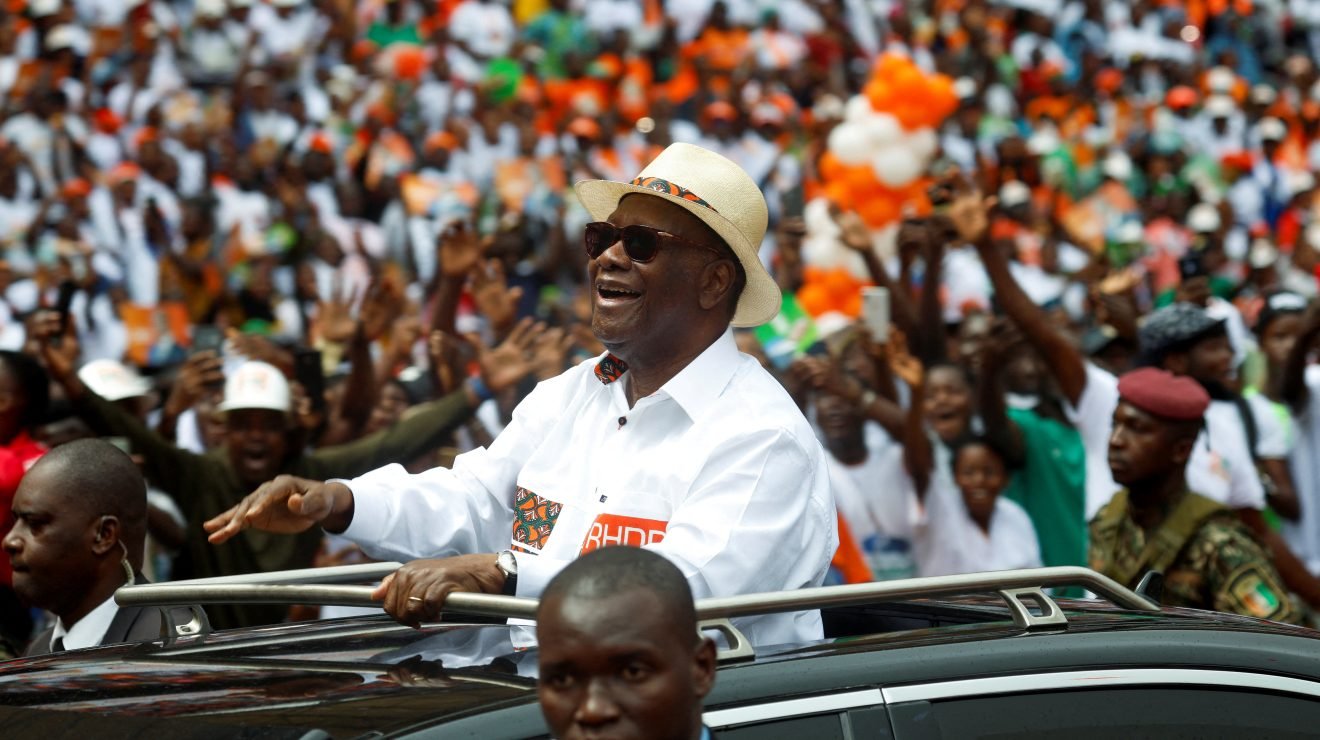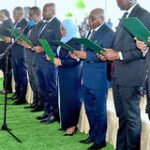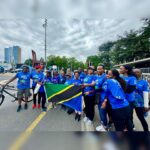Ivory Coast’s incumbent President Alassane Ouattara, aged 83, has formally declared his intention to run for a fourth term in the presidential election scheduled for October 2025.
This announcement has stirred significant political debate within the country, especially given the controversial constitutional amendment of 2016 that reset presidential term limits, enabling him to extend his tenure beyond the originally prescribed two terms (Constitution of Ivory Coast).
Previously, Ouattara had indicated he would step aside, but cited ongoing challenges—such as economic recovery and national security—as reasons to continue leading the West African nation. His decision follows the unexpected death of his designated successor, former Prime Minister Amadou Gon Coulibaly, in 2020, after which Ouattara returned to run and win his third term under the revised constitutional framework (2020 Ivorian general election).
Ouattara’s path to a fourth term has been complicated by legal and political challenges confronting his opposition. Among them is Tidjane Thiam, a prominent former banking executive and political figure who has been barred from contesting the election due to allegations of holding dual citizenship with France. Despite Thiam’s formal renunciation of French citizenship in early 2025, the country’s highest courts upheld his disqualification, sparking accusations of politically motivated exclusion (Dual citizenship in Ivory Coast).
Other notable opposition leaders like former President Laurent Gbagbo and Guillaume Soro have also faced legal and political hurdles that restrict their participation in the electoral process (2025 Ivorian presidential election).
The exclusion of several opposition figures has triggered protests and political unrest in Abidjan, Ivory Coast’s economic capital and largest city. Many Ivorians fear that these developments signal a retreat from democratic norms and could destabilize the country’s political landscape ahead of the crucial vote (Political protests in Ivory Coast).
Also Read; Fire Kills Five Young Children in Tabora Orphanage Dorm
Such maneuvers are part of a broader regional trend where leaders in West Africa have extended their rule through constitutional changes, often igniting tensions and undermining democratic institutions. Regional bodies like the Economic Community of West African States (ECOWAS) have voiced concern over these developments and their impact on regional stability (ECOWAS and democracy).
President Ouattara, an economist trained at the University of Pennsylvania and former deputy managing director of the International Monetary Fund (IMF), frames his continued leadership as vital for maintaining the country’s economic momentum. Ivory Coast is the world’s largest producer of cocoa, and the sector has been a key driver of GDP growth estimated at around 6.3% in recent years (Ivory Coast economy).
Supporters argue that Ouattara’s steady hand has helped navigate challenges such as fluctuating commodity prices, security threats from militant groups, and the socio-economic fallout from the COVID-19 pandemic.
The upcoming election, scheduled for October 25, 2025, is expected to be tightly controlled, with major opposition voices sidelined. International and regional observers, including teams from the African Union and the United Nations, are anticipated to monitor the vote closely, urging transparency and respect for democratic principles.
The election outcome will significantly influence Ivory Coast’s political trajectory, with potential repercussions across West Africa.



